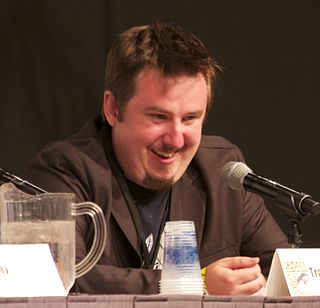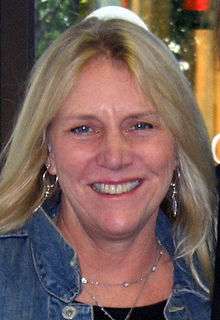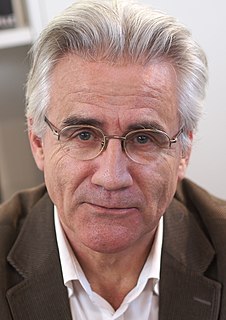A Quote by Salman Rushdie
The world, somebody wrote, is the place we prove real by dying in it.
Related Quotes
Unless we cut the world population there is no way to avoid violence. People are hungry, people are starving, dying. When somebody is hungry he is going to steal. When somebody is dying, what does he care if he kills somebody else and gets money to survive? - because lust for life is the basis of all biological growth. A man can do anything to survive.
There’s only one Earth, and it’s tiny, but evil human leaders avoid problems they don’t want to resolve by giving them names which make the problems sound like they’re taking place in a different world: they make people not care about other people dying of starvation by calling the place the dying live “the third world.
What in thinking only occasionally and quasi-metaphorically happens, to retreat from the world of appearances, takes place in aging and dying as an appearance… in this sense thinking is an anticipation of dying (ceasing, ‘to cease to be among men’) just as action in the sense of ‘to make a beginning’ is a repetition of birth.
Our real battlefield today is Asia and our real battle is the one between democracy and communism. . . . We have to prove to the world and particularly to downtrodden areas of the world which are the natural prey to the principles of communist economics that democracy really brings about happier and better conditions for the people as a whole.
I wrote poetry for seven or eight years, maybe longer, before I could say I was a poet. If people asked, I'd say I wrote poetry; I wouldn't go further. I was in my mid- to late-thirties before I felt that I was a poet, which I think meant that I had begun to embody my poems in some way. I wasn't just a writer of them. Hard to say what, as a poet, my place in the world is. Some place probably between recognition and neglect.
To a child who dies, and to the parents of this child, will you speak, if religion consoles them, in praise of atheism? That one does not mistake: that, to my mind, does not prove anything against atheism and much against religion. "The heart of a heartless world, said Marx, the soul of soulless conditions." It is misery that makes religion, and it is why this one is miserable. Who would prohibit opium to a dying man? And what are we, out of oblivion or entertainment, anything else but dying?







































